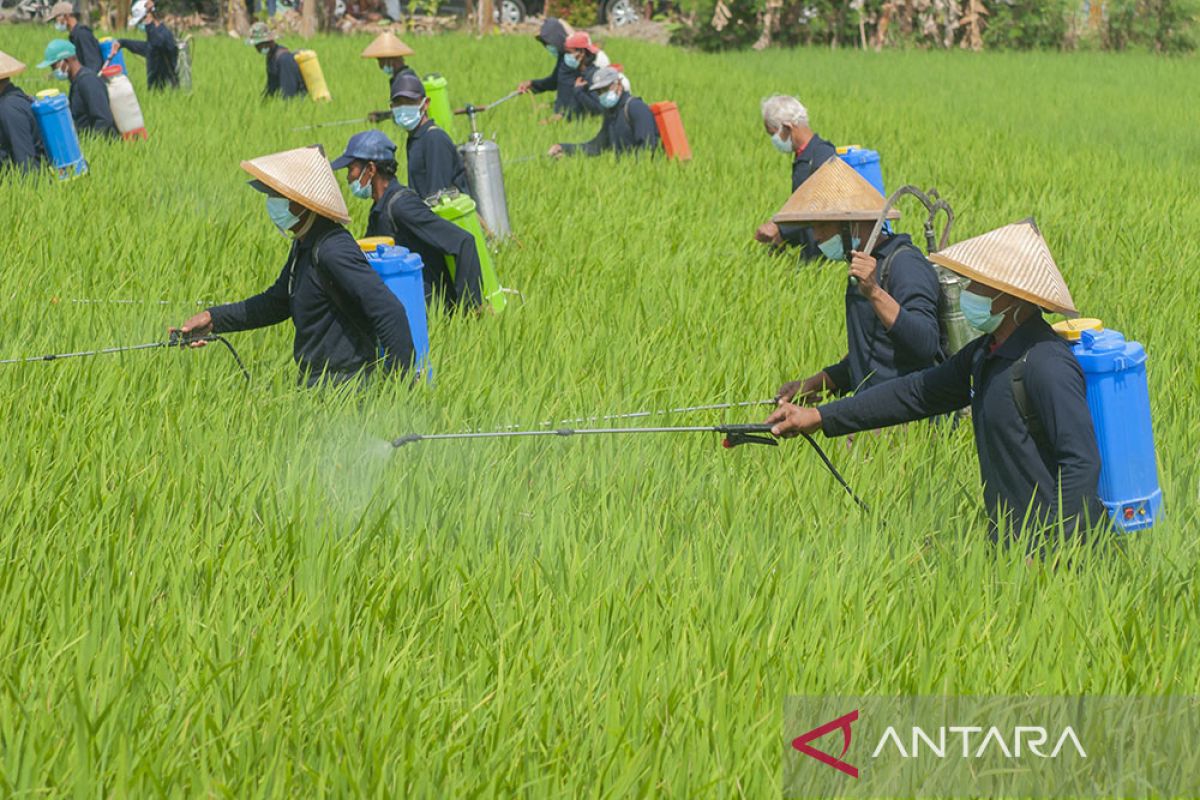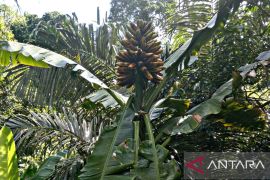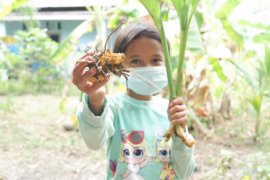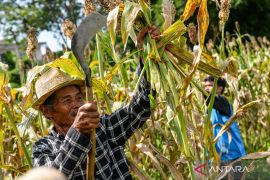"Climate change has led to the spread and population explosion of pests, especially brown planthoppers," said Elza Surmaini, a researcher at BRIN's Center for Climate and Atmospheric Research, during a dialogue on "The Impact of Climate Change on Rice Pests" in Jakarta.
The brown planthopper (Nilaparvata lugens) is one of the major pests of rice plants.
The peak of BPH attacks in Indonesia was recorded during the La Niña phenomenon in 2021 and 2011. At that time, around 137,000 hectares of rice fields were damaged, and another 222,000 hectares experienced a production decline of about 1-2 tons per hectare.
The damage to the crops back then was seven times higher than in 2012 when only 29,000 hectares of rice fields were damaged, she added.
Increased rainfall induced by La Niña during the dry season triggered BPH attacks on agricultural land in many parts of Indonesia.
Besides rainfall, several factors affect the breeding, distribution, and resistance of pests, such as increased air humidity, soil moisture, and wind speed, Surmaini said.
Based on data provided by the Directorate General of Food Crops of the Ministry of Agriculture, from 1989 to 2019, every La Niña incident prompted BPH attacks on agricultural land, affecting 90,000 to 250,000 hectares of farmland.
In comparison, during normal conditions, such attacks affected only 10,000 to 85,000 hectares of farmland.
BPH attacks in Indonesia are most common during the dry season, which falls between June and August. From 2005 to 2021, pest outbreaks occurred during the La Niña periods in 2010 and 2011.
"The dry season makes crops more prone to pest attacks," Surmaini explained.
Meanwhile, the Head of BRIN's Food Crops Research Center, Yudhistira Nugraha, said that the decline in rice production due to BPH attacks in several areas had raised rice prices at the consumer level.
Pest attacks have also increased the use of insecticides, he said.
"Our survey in several agricultural production centers on the North Coast of Java found that the application of insecticides has turned out to be illogical because, in one crop season, they sprayed more than 10 times," he informed.
Related news: National rice stocks sufficient amid El Nino risks: minister
Related news: Indonesia to prepare 500,000 hectares of farmland to face El Nino
Translator: Yoanita Hastryka Djohan
Editor: Anton Santoso
Copyright © ANTARA 2023












